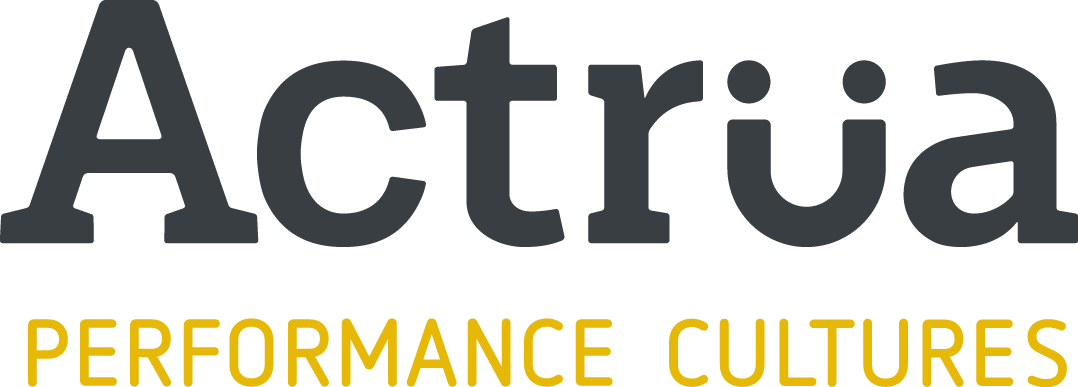This is the fourth and final edition of our Thriving Online newsletter. We hope you have found it a useful resource for both you and your team during this most unusual and tumultuous period.
We are now entering a new phase of the Covid-19 pandemic response. A few freedoms are being returned and workplaces opened. Some have already been referring to it as the Post-Covid phase, but that doesn’t seem right. Unless you have a crystal ball, no one can really predict when this thing will finish. Others have been calling it the “Return to Work” phase, but that doesn’t seem right either. Many of us have not stopped working, we have just changed how we do it. Perhaps a name or label for this phase doesn’t help, because it doesn’t have a clear start or finish. It will also represent different things and be experienced in different ways for each of us.
Change is a constant. We know that. But the speed of change is not. There is no doubt that the speed of change just continues to increase in modern society. Let’s apply it to the current pandemic. The speed and ease of global travel has facilitated the rapid global spread of the illness. The speed at which information is disseminated and shared has significantly impacted how we deal with it. Imagine the comparison with the pandemic in 1918 and the dissemination of information regarding the Spanish Influenza. No internet, no daily news cycles. Technology enabled communication has massively influenced our speed of response at a local and global level. We have numerous teams working independently, and collaboratively, across the globe seeking to identify a Covid-19 vaccine.
The ability to not only cope with change, but thrive in change, is an essential skill for life and work today. Change management is important. Change leadership is even more important. But dealing with change is not just the domain of leaders. It is an essential capability for people and teams too. You may already be familiar with how the Actrua team talks about the importance of both mindsets and skillsets associated with leadership and safety. Well it is no different for change. Change Fitness requires a combination of both mindsets and skillsets. Mindsets include the beliefs and attitudes that we hold regarding change. These mindsets influence our behaviours and ultimately the results we achieve. Change skillsets involve the practical approaches, tools and habits that we employ to deal with change.
In relation to the power of mindset, Shawn Anchor (Author of The Happiness Advantage and Big Potential), provides compelling research to demonstrate the strong links between positive psychology and business performance. He highlights three elements that are particularly important – Rational Optimism, Social Connections and Gratitude. As leaders, we have the ability to strongly influence each of these and they have never been more important that in the present environment. Here are some Shawn Anchor resources:
TED Talk – https://www.ted.com/talks/shawn_achor_the_happy_secret_to_better_work?language=en.
Podcast – https://www.michellemcquaid.com/podcast/realizing-big-potential-podcast-shawn-achor/
Book Summary – https://fourminutebooks.com/big-potential-summary/
With regard to change skillsets, a great resource is the book Atomic Habits, written by James Clear. He provides practical tools and advice to support real change through the compounding effect of hundreds of small decisions. We know that big change can be really difficult. Big changes can be intimidating to start and challenging to remain committed to long term. But through an approach called Habit Stacking, one small change leads to another, leads to another. Simple, yet effective. The book is full of great ideas like this and could be used as a wonderful resource to help your leaders, people and teams to navigate the change journey. Here are some James Clear resources:
Video – https://www.youtube.com/watch?v=mNeXuCYiE0U
Book Summary on Video – https://www.youtube.com/watch?v=_u8lxBrIm0c
Newsletter – https://jamesclear.com/3-2-1
As we enter this next phase of dealing with the challenges of living and working with Covid-19 in our community, there will no doubt be some twists and turns in the road. We will continue to be challenged and we will continue to be taken outside our comfort zone. But that is OK. Because with a positive mindset, healthy and productive habits and strong social connections, we can thrive through this change and beyond.







